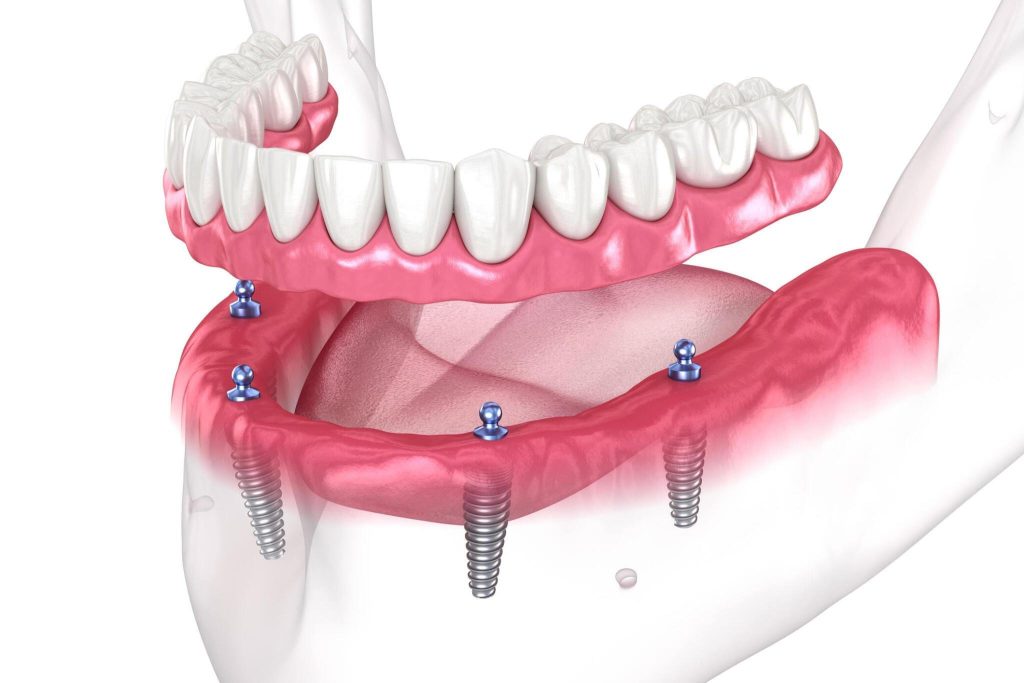The Future of Dental Implants: Navigating Choices for Lasting Oral Health
Introduction
In recent years, dental implants have emerged as a transformative solution for individuals seeking to restore their smiles and enhance oral health. As dental technology continues to evolve, it becomes increasingly important to understand the choices available for those considering this treatment. This blog post delves into the future of dental implants, offering insights into the innovations and factors to consider when choosing dental implants, particularly for those in dental implants Tunbridge Wells.
Understanding Dental Implants
Dental implants are artificial tooth roots that provide a permanent base for fixed or removable replacement teeth. Known for their durability and natural appearance, they have become a preferred option for individuals with missing teeth. The success rate of dental implants is remarkably high, making them a viable long-term solution for oral health.
The Evolution of Implant Materials
Traditionally, implants have been made from titanium, a material known for its biocompatibility and strength. However, recent developments in dental technology have introduced alternative materials, such as zirconia. These alternatives offer aesthetic benefits and are particularly advantageous for individuals with metal sensitivities.
Innovative Techniques in Implant Dentistry
Recent advancements have led to the development of minimally invasive techniques that promise quicker recovery times and increased patient comfort. Techniques such as computer-guided implant placement allow for more precise and predictable outcomes. Additionally, innovations such as 3D printing are contributing to the creation of customised implants that better fit individual patients.
Factors to Consider When Choosing Dental Implants

Several factors should be considered by those considering dental implants. Understanding these elements can ensure a successful treatment outcome and a positive long-term experience.
Assessing Oral Health
- Overall oral health is a crucial determinant of implant success. Conditions such as gum disease must be addressed before implant placement.
- The density and volume of jawbone are also critical, as they affect the implant’s stability.
Consultation with Professionals
Consulting a qualified dental professional is essential for evaluating suitability for implants. A thorough examination and discussion regarding individual needs and expectations can help tailor a treatment plan that aligns with the patient’s goals.
For more information on the procedural aspects of dental implants, consider this detailed overview of dental implant surgery.
Innovative Research and Developments
As science continues to advance, new research is continually shaping the future of dental implants. A notable study highlights the potential of bioengineered implants that encourage natural bone growth, providing a promising alternative for patients with insufficient bone density.
Conclusion
The future of dental implants is promising, driven by technological advancements that continue to enhance outcomes and patient experiences. For those considering dental implants Tunbridge Wells, exploring the available options and consulting with professionals can lead to more informed decisions. Discoveries in implant materials, techniques, and research highlight the ongoing evolution of this essential aspect of dentistry. With a focus on innovation and patient care, the field of dental implants is poised to offer lasting oral health solutions for years to come.

